Research Team: ČVUT
A wide range of space research and development activities.
We understand the latest methods and technologies for space applications. Space and progress is what brings us together.
Joint efforts
We aim to expand research and development. Our university collaborates with leading research institutions and industrial partners.
Connectivity and Innovation
We bring together academics and teams from different disciplines. We support each other to keep abreast of the latest developments in science, research and technology.
Funding and Collaboration
We discuss funding opportunities from different organisations. We look for projects that we can collaborate on.
Opportunities for Students
Our students have the unique opportunity to gain hands-on experience and participate in real space and analogue missions through our collaborations with space agencies.
We support research, exploration and peaceful use of space through international cooperation.
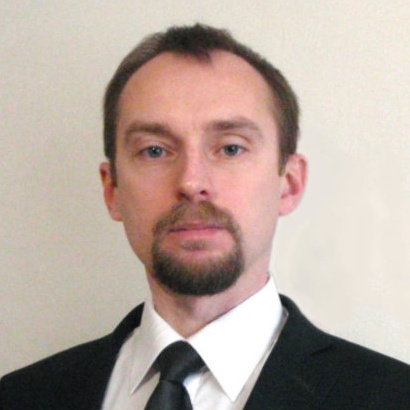
Medical Technologies for Space Applications
doc. Ing. Patrik Kutílek, MSc., Ph.D.
Faculty of Biomedical Engineering, Department of Health Sciences and Population Protection
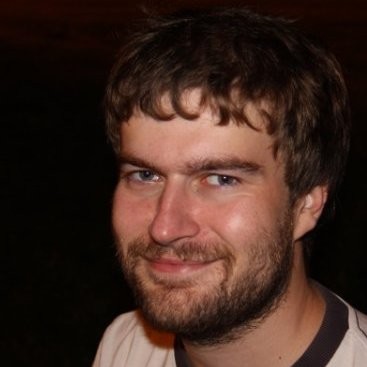
Medical Technologies for Space Applications
Ing. et Ing. Jan Hejda, Ph.D
Faculty of Biomedical Engineering, Department of Health Sciences and Population Protection
Telemedicine technologies and systems. Modular devices for biomedical data acquisition. Monitoring, processing and assessment of health status, emotions, cognitive load and more in real time.Use of AI. Participation in space analog missions HYDRONAUT and APICES (Astroland Project Inside Caves for Earth-based Space exploration).
For space applications, we offer developed technologies in the form of modular telemedicine system, as a whole or its HW and SW components, originally designed for analogue missions. The modular device allows the measurement of biomedical data, which may include: ECG, EEG, EMG, ACC, PPG, GSR, BR, CoP, dominant emotion, arousal-valence, blink frequency, etc. The developed software can monitor changes in health status, emotions, cognitive load, etc. in real time. Structural robustness of selected modules in e.g. pressure vessels under cyclic pressure change has been tested. The technology has been used, for example, in the HYDRONAUT and APICES - Astroland Project Inside Caves for Earth-based Space exploration missions.
We are a multidisciplinary team dedicated to research and development in the field of medical technologies in the context of space applications. We are primarily concerned with specific technologies for analogue missions and space in relation to the human factor. The above includes the design and development of software and mechatronic technologies to meet specific quality and robustness requirements in environments such as ICE (isolated, confined, and extreme) environments. Important is the development of systems and methods in accordance with ECSS (European Cooperation for Space Standardization) technical standards. We take advantage of the fact that the FBMI CTU brings together specialists with expertise in computer science, robotics, rocketry, and medicine, and experience in simulation, measurement, processing, and analysis of medical and mechatronic data.
We are involved in the development of methods and systems for recording and evaluating biomedical, simulator and environmental data, software implementation and design of mechatronic parts of assistive and ergonomic aids for analogue and space applications.
Software for recording and evaluating physiological, environmental and ergonomic data and mechatronic systems are an essential part of many of the means for training, transporting and sustaining humans in space. In particular, such systems have significant applications in the diagnosis and management of physical fitness in ICE (isolated, confined, and extreme) environments. Methods of processing and evaluation of physiological, environmental, and simulator data are used in the diagnosis of the state of the musculoskeletal system, nervous system, and other systems of the human body. The physical and psychological state of crews during analog training and space missions affects mission safety and the quality of mission performance. Systems for such applications allow long-term and short-term monitoring of the health status of crews and allow to identify possible problems in health status and prevent dangerous situations during mission tasks. These systems also form an essential part of the assistance aids. Development and research is being carried out in accordance with the ECSS. Examples of promising assistive devices are 'smart' surveillance sensor systems for recording biomedical data, MoCap systems or exoskeletons to support training and demanding tasks, etc. In order to guarantee the safe function of the devices for demanding applications, it is also necessary to evaluate their impact on the body, which is related to the appropriate selection and testing of the designs in challenging environments with low or high pressure, humidity, temperature, overload.
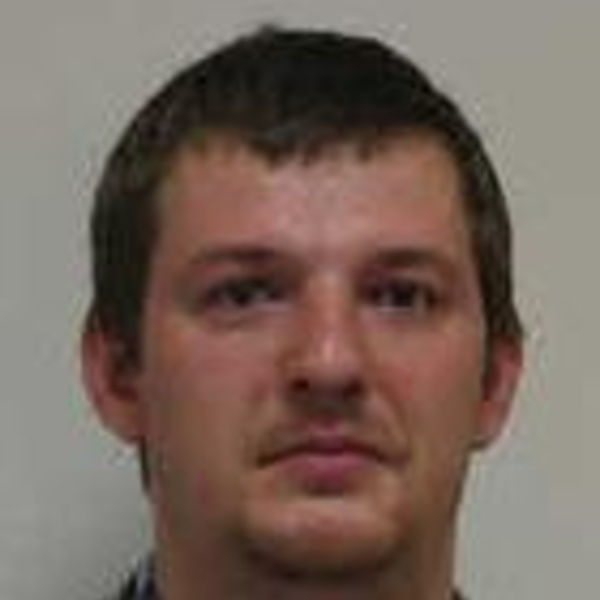
Ing. Michal Marčišovský, Ph.D
Centre for Applied Physics and Advanced Detection Systems - Faculty of Nuclear and Physical Engineering
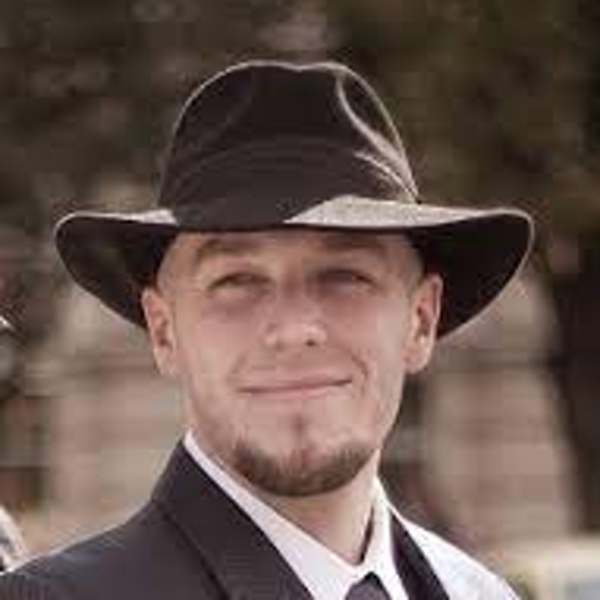
Mgr. Robert Filgas, Ph.D
Space Research Group - Institute of Engineering and Experimental Physics
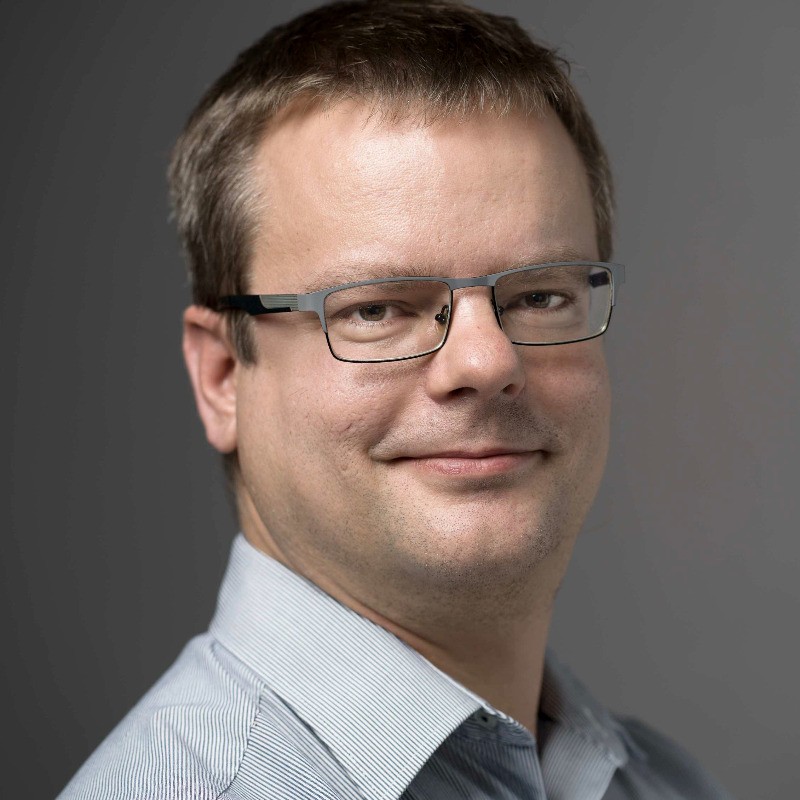
prof. Ing. Pavel Ryjáček, Ph.D
Department of Steel and Timber Structures, Faculty of Civil Engineering
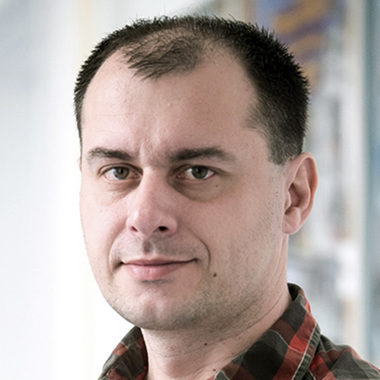
prof. Ing. Tomáš Polcar, Ph.D
Advanced Materials Group - Faculty of Electrical Engineering
Solid lubricating coatings for bearings and drives in the space.
Solid lubricating coatings for bearings and drives in the space. Combining atomistic simulation with advanced deposition methods to develop new functional nanomaterials, thin films and alloys. The group has strong national and international collaborations with academic and industrial partners.
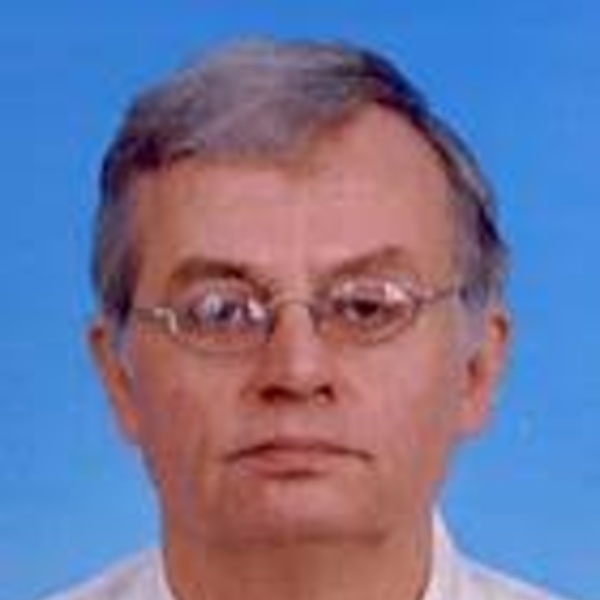
prof. RNDr. René Hudec, CSc.
Space Science and Technology (FEL)
Design of scientific facilities focusing on experimental high-energy astrophysics and instrumentation. Design and development of technologies for cubesats. Development of new and innovative types of X-ray optics. Implementation of robotic telescopes, e.g. at the Ondřejov Observatory and the BOOTES telescope network in international cooperation. These ground-based instruments represent an important contribution to multispectral analyses of cosmic sources, whether for rapid follow-up observations of eruptive phenomena detected by satellites (e.g. gamma-ray bursts) or to provide simultaneous data for satellite observations or follow-up long-term observations for classification and physical analysis of objects. Research in the field of high-energy astrophysics, in particular multispectral analyses and the study of eruptive processes in space, including the use of non-traditional techniques such as unique data (both photometric and spectroscopic). Implementation of space engineering courses at FEL CTU, participation in ESA space projects (SMILE, THESEUS, ATHENA), international space-oriented cooperation, organization of space-oriented conferences and workshops.
Guarantor and lecturer of the Master's course Space Engineering-Space Engineering within the study programme Aerospace Engineering-Aerospace Engineering and PhD course Introduction to Space Science and Engineering. Supervision of bachelor, master and doctoral theses in this field.

prof. Ing. Pavel Ripka, CSc.
Department of Measurement, Faculty of Electrical Engineering
Development and research in the field of magnetic sensors (especially fluxgate and magnetoresistive), production of instruments for magnetic measurements. Fluxgate sensors are used for precise magnetic field measurements e.g. in space research, navigation or military applications. For many years, these sensors have been one of the key research and development topics of the Department of Measurement at CTU FEL. This department is among the few top laboratories in the world in the field of magnetic sensors. The first stage of research was completed by the development of a new sensor design, which won the Innovation Award in 2010 and was successfully commercialized (among others, used in the bomb finder produced by the Austrian company Schiebel for many years).

Ing. Michal Schmirler, Ph.D.
Department of Fluid Mechanics and Thermodynamics, Faculty of Mechanical Engineering
For the Hydronaut project, development of a habitat internal environment monitoring and control system and an active habitat buoyancy control system. Specifically, systems for humidity reduction, a system for measuring the composition of the internal atmosphere, pressure and humidity measurements with dew point temperature calculations, etc. Development of measurement systems to meet specific quality and durability requirements in environments such as ICE (isolated, confined, and extreme) environments. Experience in managing large R&D projects. Other focuses of the institute: thermal energy storage, long-term monitoring of the behaviour of physical systems, complex design of propellers, pumps and turbines, CFD simulations in subsonic and supersonic fluid flow.
Pedagogy: teaching courses focused on Fluid Mechanics and Thermomechanics, Heat Sharing, Computer Simulations of Fluid Flow, Cooling of Mechanical Components and Experimental Fluid Mechanics and Thermomechanics.

doc. Ing. Svatomír Slavík, CSc.
Department of Aircraft Engineering, Faculty of Mechanical Engineering
Theoretical and experimental methods of designing space systems and satellites. Methods of operation of space systems and preparation and implementation of space missions. Design of propulsion units, application of strain gauging of metals and composites during development, development of composite materials and technologies, numerical modelling FEM, CFD, strength analysis and testing of structures, application of non-destructive testing methods in the development of structures, focus on safety and reliability of structures. The core programme of study provided is Aerospace Engineering in the postgraduate programme. Provision of study specialization in Aerospace Engineering. Teaching is project-oriented with the involvement of students in student teams. One of the teams is the CTU Space Research rocket team.

doc. Ing. Pavel Pačes, Ph.D.
Centre for Artificial Intelligence, Faculty of Electrical Engineering
Artificial Intelligence in Control Systems. Intelligent assistance, development and testing of avionics with support of artificial intelligence, development of flight planning algorithms.

doc. Ing. Jan Roháč, Ph.D.
Department of Measurement, Faculty of Electrical Engineering
Development of aircraft instrumentation systems, aircraft radio systems, navigation systems. Development of integrated avionics and flight control systems. Development of telecommunication technologies. Improvement of INS system accuracy by alternative sensors. Guarantee and provision of a Master's degree programme in Aerospace Engineering.